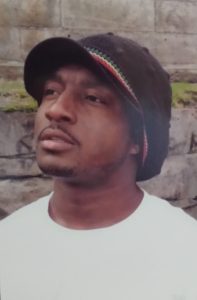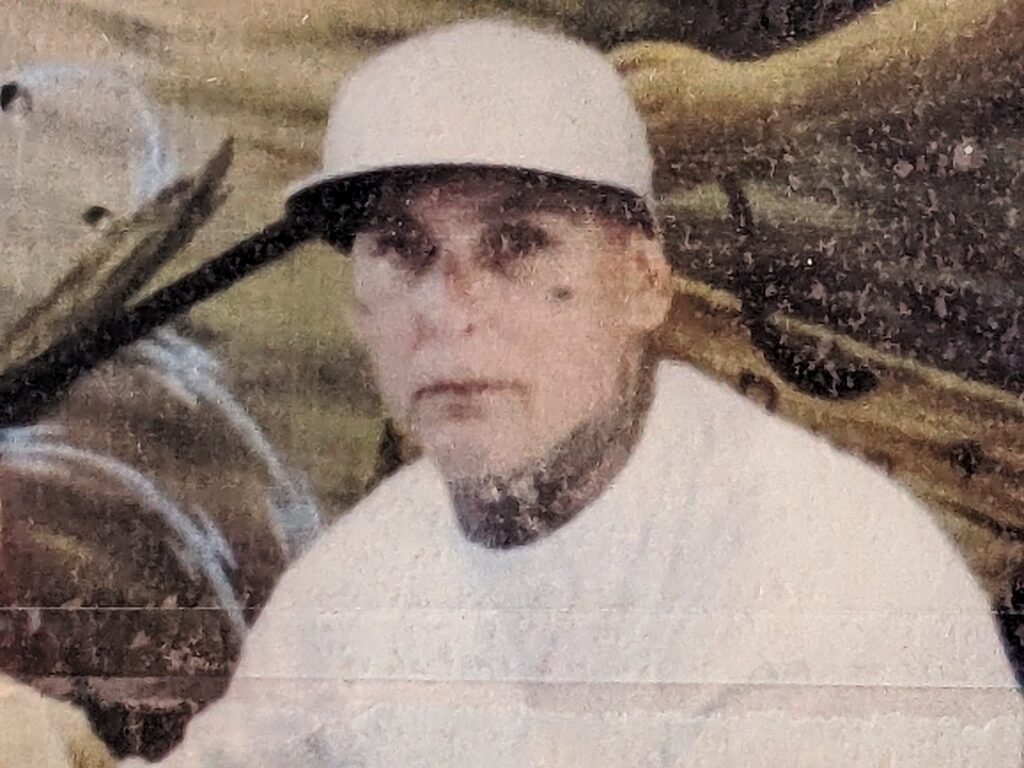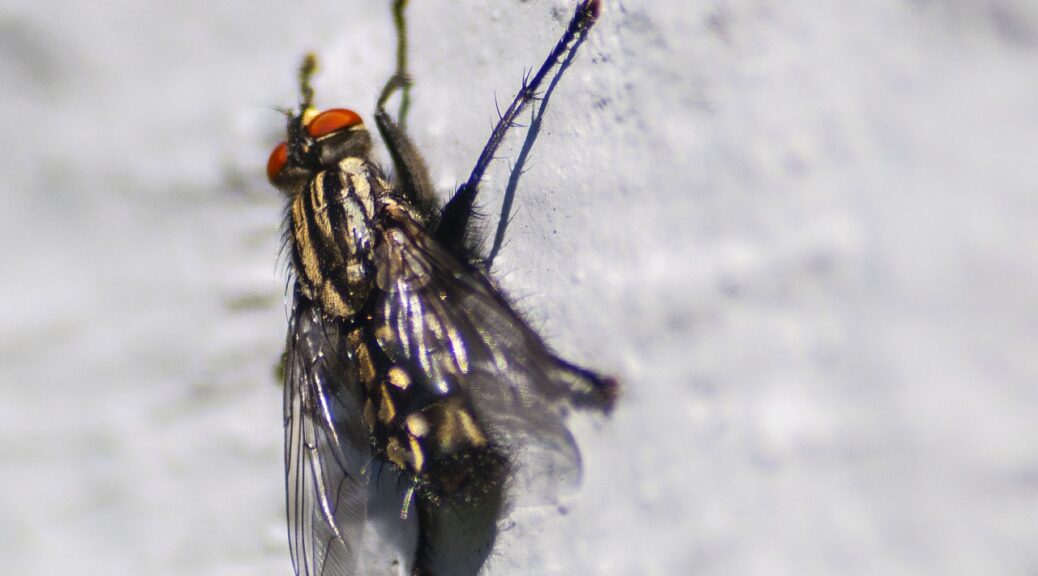Imagine a life so darkened with despair, death feels like the only solution; a darkness that blots out your ability to rationalize that nothing bad lasts forever. Yours is a forever darkness, filling you with dread and pelting you with unrelenting regret. You are plagued by the spirits left broken in your wake from a horror you can never take back. You become desperate to end the pain, ingesting sharp objects that leave your insides wracked with blood, only to rouse days after surgery to discover death rejected you. What remains are the ills of living in pain, the aching darkness still looming. It pushes you beyond the realm of rationality until your escape is as dark as your mind. Medications don’t work and therapy proves but a pitiful attempt to make sense of the pain you feel. No – death is your answer and you will not be denied… so you try again.
That is the everyday darkness that confronts T.J. as he battles with mental illness. It is a deep depression that grows more ominous by the second and evermore self-destructive. T.J. is the latest man to be placed on NC Death Row. He is a tall brother with wandering eyes and a mellow disposition. It was a few months after his arrival that he and I talked for the first time, an exchange that started out casual enough but soon turned rather disturbing. T.J. revealed that he was suicidal and had already tried to kill himself twice. He then hiked up his t-shirt, revealing a scar from his sternum to under belly. I expected his next words to be dripping with regret, for surely he was grateful to be alive. Instead, T.J. sighed with an air of defiance and said, “It don’t matter, ‘cause I’mma do it again.”
The conviction in his words left nothing to doubt… T.J. would try to kill himself again. I opened my mouth but found my own words caged by an awful reminder. What T.J. didn’t know was that I’d lost a close friend to suicide right here on Death Row, and everyday I regretted not saying more to him when I had the chance. Now I spoke fast and fervently to T.J., grasping for anything to impart logic. It was my second chance, and I was determined to give T.J. a reason to live.
As it turned out, for all my determination, I was clueless as to how mental illness works. I tried to use rhetoric to shine light on T.J.’s darkness, but his was a vortex consuming all but one hope. Some months later, T.J. would make his third attempt to take his life when he climbed onto a stairway railing and fell backward to what he hoped was his peace at the bottom. The impact shattered his clavicle and left other bones mangled. His spine dislodged under the weight of the fall as ankles crashed against steel. T.J. laid crumbled at the bottom of the steps as the pain rendered him unconscious, a merciful darkness that spared him the agony but not the endless darkness he sought.
T.J. woke some time later in a prison infirmary to find, once again, the doctors had saved his life. He returned with a back brace and walking cane but still nothing to support his wayward thoughts. His latest suicide attempt gave me valuable insight on the effects of mental illness. For T.J., it is a corrosive disease that turns the rational state-of-mind into the urge to induce grave harm. Mental illness is a wellness deficiency that cannot simply be explained away but deserves heightened awareness, in one place more than any other – the criminal justice system.
What purpose does the death penalty serve for a person with T.J.’s mental instability? Where is the justice in executing someone who sees death not as a punishment but a goal? Such cases demonstrate a death penalty does not exact equal punishment. The death penalty exists to appease a sense of vengeance. True, there are bad people who do bad shit all the time, and they must be held accountable, but when the someone who is bad is suffering from mental illness, the flaw is a reflection of us, not them.
The criminal justice system of today has practically abandoned principles on corrective behavior and thrives on the intent to punish. It puts people like T.J. in hostile environments and expects to normalize him with medications. And while our very own state of NC has passed a number of laws excluding certain criminals from being eligible to receive the death penalty, still they readily punish the mentally ill, as in the case of T.J., instead of providing them with adequate treatment.
T.J. should be receiving round-the-clock treatment for the darkness trying to claim his life. He should be in a facility that specializes on his condition, not left to his own devices on Death Row. And of those cases where someone who is mentally ill does wind up in prison, it falls on the criminal justice system to treat these cases as such, yet the very people who may be in a position to help T.J. are the very ones who want to see him dead.
I spoke with T.J. yesterday while on the rec yard, and surprisingly, he was buzzing with life. He is on the mend, with friends and a local reverend dedicated to helping him heal his spiritual wounds. T.J. assured me that he indeed does want to live, but he doesn’t know how. And for as much as it pained me to hear that, still I didn’t try to rationalize life to him like I did before – this time, I just sat and listened.
ABOUT THE WRITER. Terry Robinson’s writing is consistently thought provoking. Terry writes under the pen name Chanton. He is a member of the Board of Directors of WITS, and also facilitates a book club on NC’s Death Row. He recently wrote an essay regarding that book club and what it means to the men involved at the request of a research group at the University of Texas, and he also recently contributed regarding the power of writing in self-care to a Social Work class at Virginia Commonwealth University. He is currently working on a work of fiction as well as his memoir, and he is co-author of Beneath Our Numbers: A Collaborative Memoir From Inside Mass Incarceration and also Inside: Voices from Death Row. Terry was also recently published in JSTOR, with his essay The Turnaround, and all of his WITS writing can be found here. Lastly, Terry can also be heard here, on Prison Pod Productions.
Terry Robinson has always maintained his innocence, and after a thorough review of his case, WITS firmly supports that assertion and is very hopeful that will be proven in the future.

Terry can be contacted at:
Terry Robinson #0349019
Central Prison
P.O. Box 247
Phoenix, MD 21131
OR
textbehind.com
His writing can also be followed on Facebook and any messages left there will be forwarded to him.
![]()










